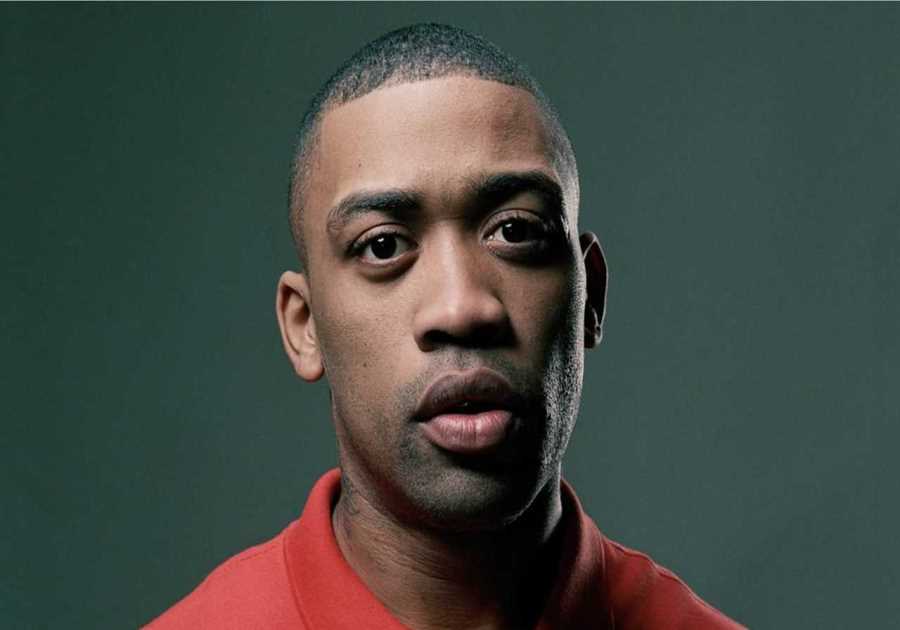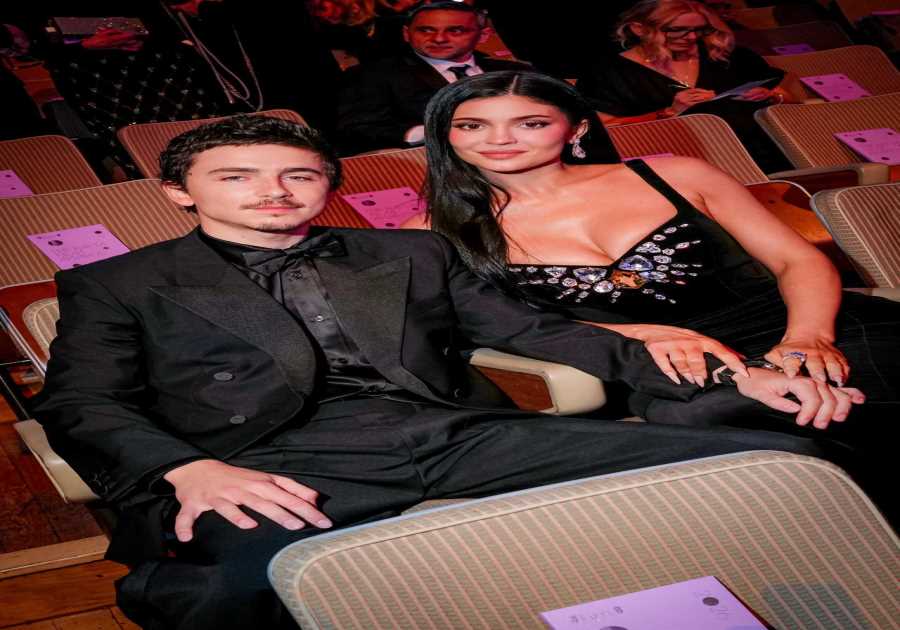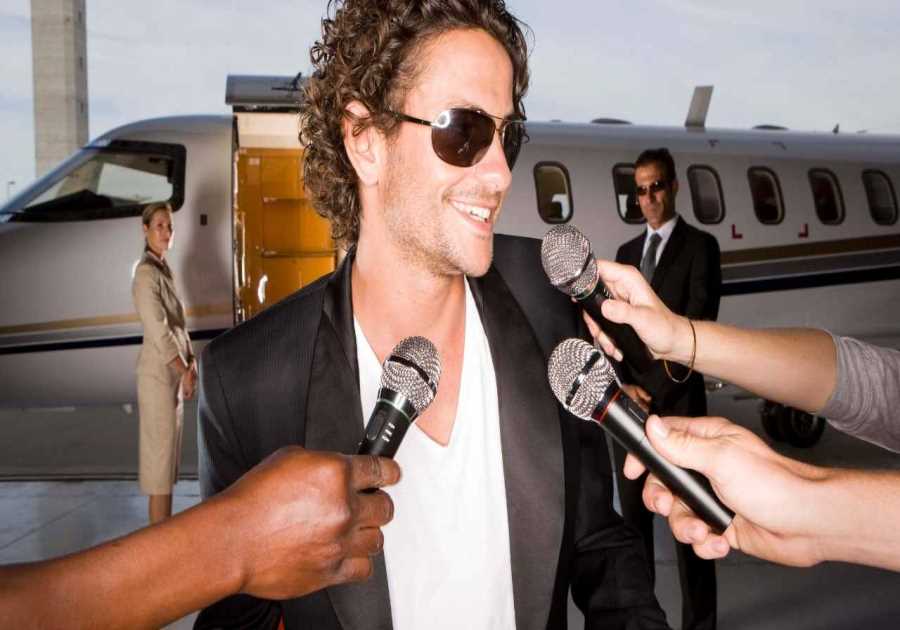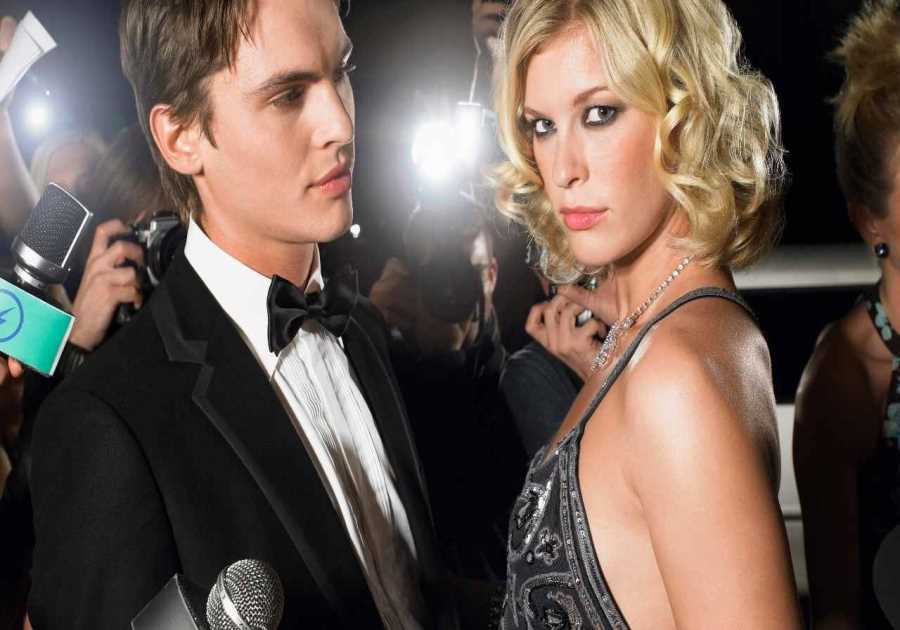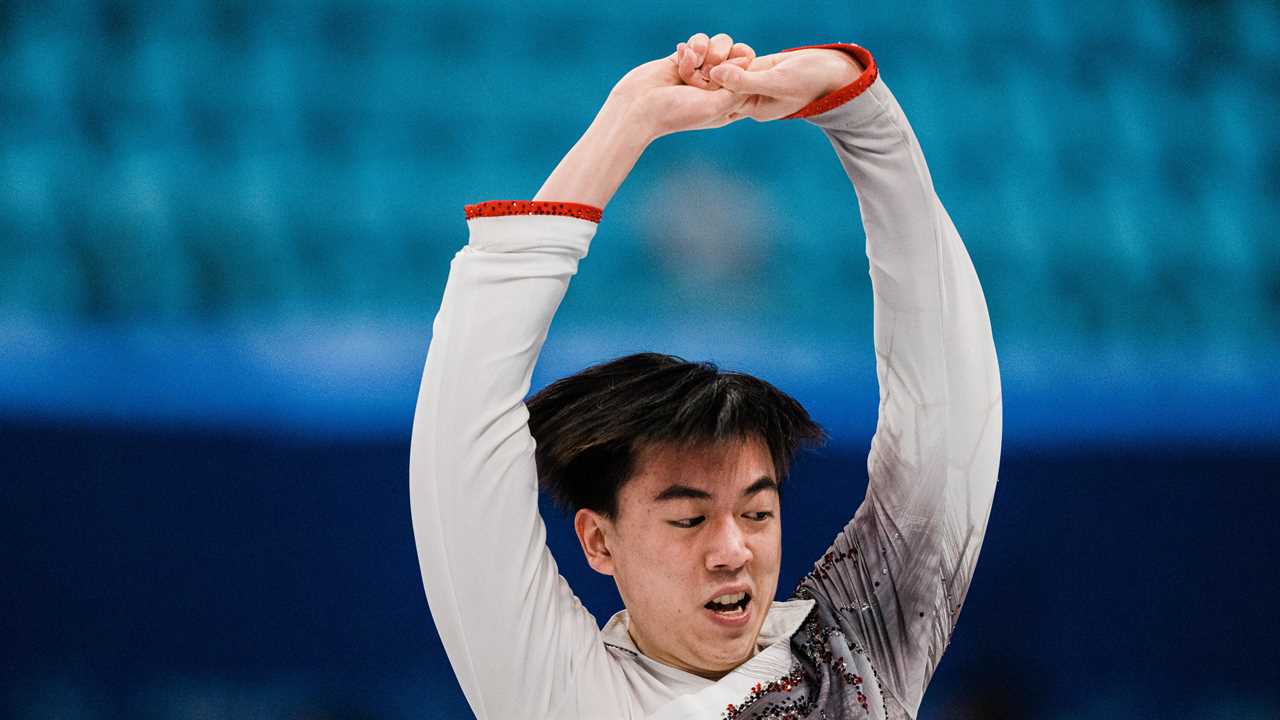
After a lifetime of training for the Olympics and making it there as a figure skater twice, Vincent Zhou now has moments when it’s too painful for him to think about the Winter Games, or to even go near his skates.
Zhou expects to compete in the world championships in France next week. But after what happened to him at last month’s Beijing Olympics, he is enduring what he calls “one of the most challenging times of my whole life.”
He is grieving his 2022 Olympic moment that never was.
The morning after helping the United States win a silver medal in the figure skating team event, Zhou tested positive for the coronavirus and had to withdraw from the men’s individual event scheduled to begin the next day.
Stuck in a small hotel room for a week while he recovered from cold-like symptoms, he followed the event on the internet, too crushed to watch on TV. Afterward, he said he was sure he could have won at least the bronze medal.
Zhou, 21, was released from isolation in time to perform in the figure skating gala, an event purely held as fan entertainment. But that night, when Zhou tried to board a bus to the closing ceremony with his teammates, security officials stopped him, insisting that he had not cleared Covid protocols.
In a call with reporters on Tuesday, Zhou said he stood at that security checkpoint for what felt like an hour arguing his case. After all, he was no longer contagious, had tested negative 14 times in a row and had maybe a day or two left in his official post-isolation period of avoiding crowds and what was called “nonessential activities,” he said. Could the guards see his side and have some mercy? Could they not allow him this last possible moment of joy at a devastating Olympics that had gone so wrong for him?
His pleading went nowhere.
“He couldn’t even have that tiny token of closure,” Drew Meekins, one of his coaches, said.
Now Zhou is back training in Colorado Springs, where a post-Olympic fog has kicked in. Many Olympians say this period after the Games is particularly difficult because they go from an adrenaline high to an extreme low, where they are devoid of physical and emotional energy. This feeling even has a name: the Olympic hangover.
In Zhou’s case, the hangover has been so serious that at times he has called his coaches from his bed, crying, Meekins said, because he could not bear to go to the rink. He questions whether his life’s work was worth it and asks, “Why me?”
It’s a fair question. He double masked. He wore a face shield on flights. In China, he ate alone in the Olympic cafeteria, carefully pulling down his mask between bites. He often kept such a distance from others during the pandemic that he became excruciatingly lonely, he said last month.
And yet, he tested positive.
“I’m having a hard time keeping myself together right now talking about it,” Zhou, who is from Palo Alto, Calif., said to reporters on Tuesday. “I’m still currently in the middle of things. I’m definitely not out of it yet.”
To win back control of his career after Covid had rendered him helpless over it, Zhou dove right back into training after coming back from China. The transition, though, from the trauma of the Games to training for the world championships has been rocky. As Meekins has pointed out, grief comes in waves.
Sometimes, Meekins said, he can see the weight of sadness Zhou is carrying with him when Zhou walks into the rink. His head is down. His shoulders droop.
“You can just tell that his mind is so busy,” Meekins said. “I could tell it’s occupied still trying to process what happened.”
Meekins and Tom Zakrajsek, Zhou’s other main coach, keep a close eye on Zhou to make sure he feels supported. They’ve done a lot of listening. They’ve given him lots of space.
Also, a sports psychologist from the United States Olympic training center often comes to watch Zhou’s practices. The two have spoken a lot in the past several weeks as Zhou works through those waves of strong emotions.
It’s important for him to go to worlds, his coaches said. Zhou could finally find that closure. It also might remind him of what skating was like before Beijing. It had never been better. In many ways, he had never loved it more.
In the fall, he beat the three-time world champion Nathan Chen, handing him his first loss in more than three years. He also qualified for his first Grand Prix final, where the top of the top skaters go head to head every season.
“My feeling is that Vincent competing at the world championships, no matter how he finishes, is going to be a show of how courageous he is and how he is a shining example of someone who came back from extreme adversity,” Zakrajsek said.
Zhou has had the same feeling. He has sometimes thought it would be easy to just skip worlds and walk away from the pain and bad memories. His studies at Brown University await him. And then he thinks, “I should maybe just try to forget about everything, just get on the ice, just go for it. Take the shot. Who knows? Maybe it will turn out well.”
Keeping the disappointment out of his mind, however, has been a struggle, he said: “I step onto the ice and I’m instantly reminded of everything that happened.”
Still, he told reporters — and likely himself — that “probably 90, I don’t know, 95 percent of other people would have already given up.” And he’s not one of those people.
He said just being able to take that first step and go to worlds would make him really proud. He is trying to will it to happen: Get on that plane. Put on that costume. Step out on that ice. Deep down, he said, the motivation to do that still drives him.
“Life really wants to get me down right now,” he said. “But I’m not ready to go down without a fight.”
-----------------------
By: Juliet Macur
Title: Knocked Down by Covid in Beijing, Vincent Zhou Is Getting Back Up
Sourced From: www.nytimes.com/2022/03/18/sports/olympics/vincent-zhou-figure-skating-world-championships.html
Published Date: Fri, 18 Mar 2022 09:00:19 +0000
Did you miss our previous article...
https://ballerawards.news/sports/a-russian-star-falls-and-another-rises-in-a-blur-of-jumps-tumbles-and-tears


